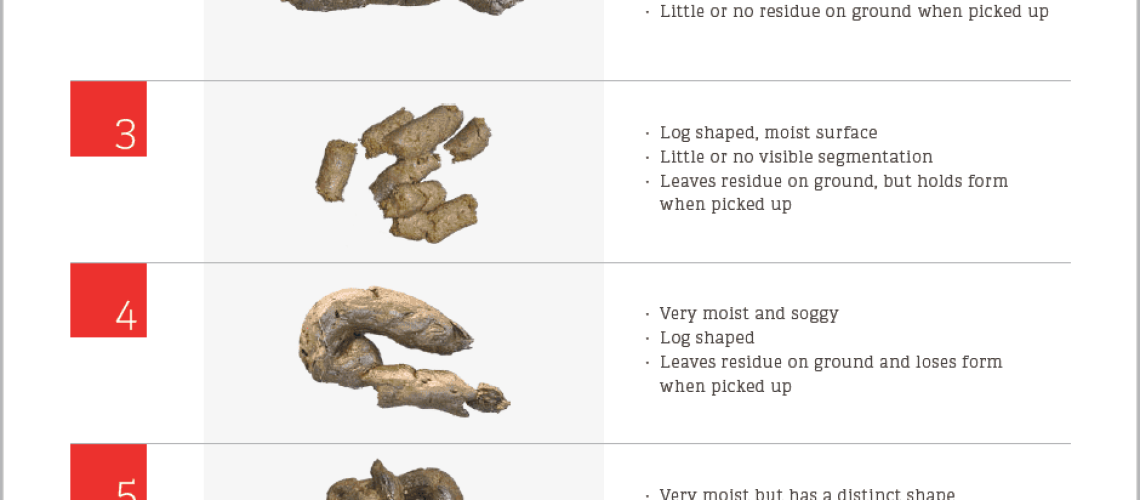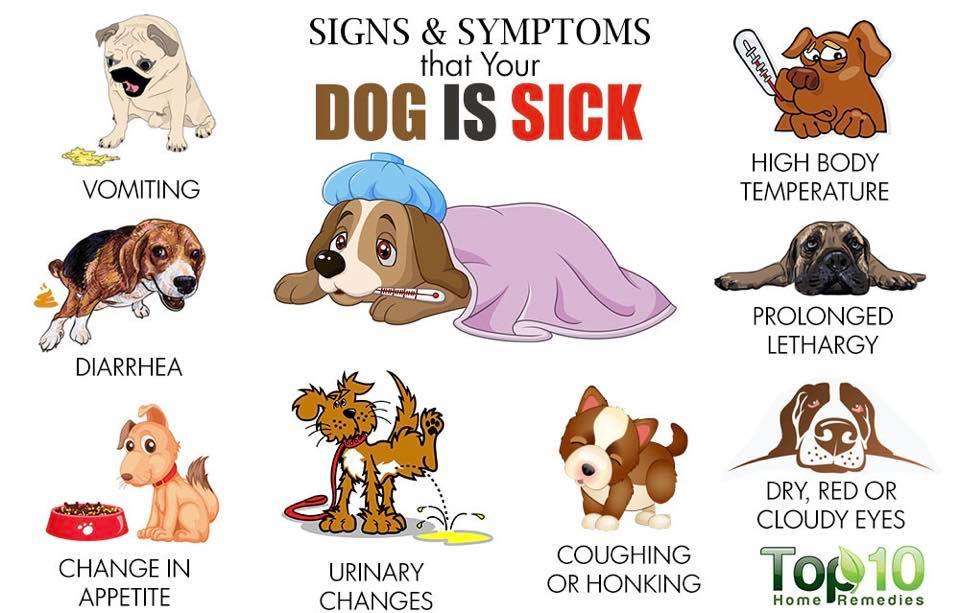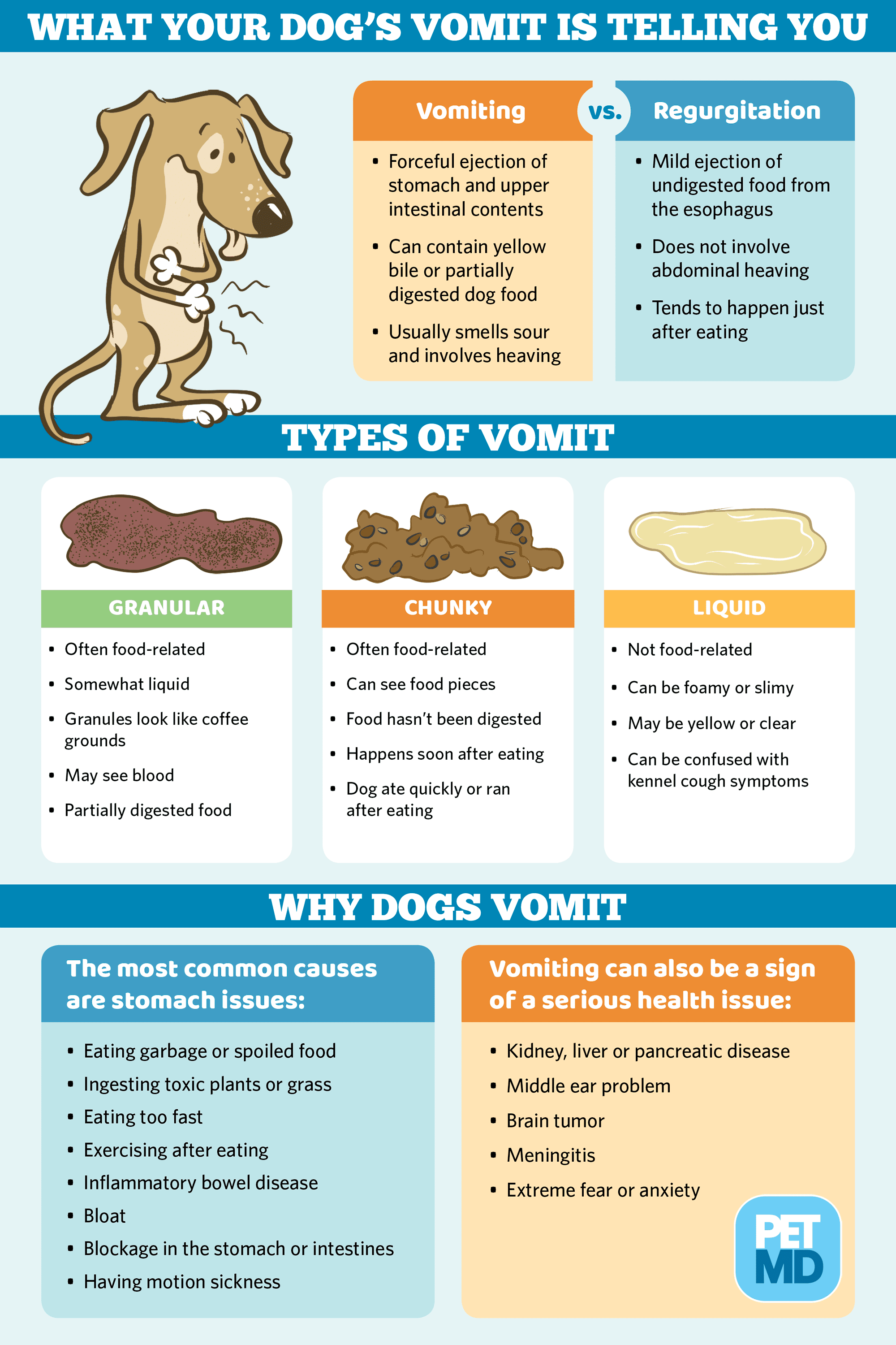Diarrhea in puppies is a common and concerning issue that requires immediate attention.
Key Takeaways:
- Diarrhea in puppies can be caused by various factors such as dietary changes, infections, parasites, or stress.
- It is important to monitor the puppy's hydration levels when they have diarrhea as dehydration can occur quickly.
- If the diarrhea persists for more than 24 hours or is accompanied by other symptoms like vomiting or lethargy, it is essential to seek veterinary attention.
- A bland diet consisting of boiled chicken and rice can help settle a puppy's stomach during bouts of diarrhea.
- Preventing diarrhea in puppies involves maintaining a consistent diet, providing regular deworming treatment, and minimizing exposure to potential sources of infection.
Understanding Diarrhea in Puppies: Causes and Risks
What is diarrhea?
Diarrhea is a condition where your puppy has loose, watery stools. It can be caused by various factors such as infections, dietary changes, or even stress. Diarrhea can range from mild to severe and can last for a few days or longer. It's important to understand the causes and risks of diarrhea in puppies to keep them healthy.
Causes of diarrhea in puppies
There are several reasons why your puppy might have diarrhea. Some common causes include:
1. Diet changes: If you suddenly switch your puppy's food or introduce new treats, it can upset their stomach and lead to diarrhea.
2. Infections: Viruses, bacteria, or parasites can cause gastrointestinal infections in puppies, resulting in diarrhea.
3. Stress: Puppies can get stressed due to changes in their environment or routine, which may lead to digestive issues like diarrhea.
4. Intestinal parasites: Worms like roundworms or hookworms can infect puppies and cause diarrhea.
Risks of diarrhea in puppies
While most cases of diarrhea in puppies resolve on their own within a few days, there are some risks associated with prolonged or severe diarrhea that you should be aware of:
1. Dehydration: Diarrhea can cause your puppy to lose fluids quickly, leading to dehydration. This is especially risky for young puppies who have less body water.
2. Malnutrition: If your puppy has persistent diarrhea, they may not be able to absorb nutrients properly from their food, which can result in malnutrition.
3. Weak immune system: Chronic or severe diarrhea can weaken your puppy's immune system over time, making them more susceptible to other illnesses.
It's essential to monitor your puppy closely if they have diarrhea and consult a veterinarian if the symptoms persist or worsen.
Signs of Diarrhea in Your Puppy: How to Identify the Issue
Recognizing diarrhea in puppies
As a pet owner, it's crucial to be able to identify if your puppy has diarrhea. Some signs to look out for include:
1. Frequent loose stools: If your puppy is having bowel movements more often than usual and their stools are watery or runny, it may indicate diarrhea.
2. Straining or urgency: Your puppy may show signs of discomfort while trying to pass stool, such as straining or urgency.
3. Accidents in the house: If your puppy is usually well-trained but starts having accidents inside the house, it could be a sign of diarrhea.
What to do if you suspect diarrhea
If you suspect that your puppy has diarrhea, there are a few steps you can take:
1. Monitor their bowel movements: Keep track of how often they have loose stools and note any other symptoms they may be experiencing.
2. Check for other signs of illness: Diarrhea can sometimes be a symptom of an underlying health issue, so keep an eye out for other signs like vomiting, lethargy, or loss of appetite.
3. Contact your veterinarian: If your puppy's diarrhea persists for more than 24 hours or if they show other concerning symptoms, it's best to consult with a veterinarian for proper diagnosis and treatment.
Remember that early detection and intervention can help prevent complications and ensure that your puppy gets back to their healthy self soon.
Different Types of Diarrhea in Puppies: What You Should Know
Acute Diarrhea
Acute diarrhea is a common type of diarrhea in puppies. It usually lasts for a short period, typically less than two weeks. This type of diarrhea can be caused by various factors such as dietary changes, viral or bacterial infections, parasites, or stress. Symptoms of acute diarrhea include loose stools, increased frequency of bowel movements, and sometimes vomiting.
Chronic Diarrhea
Chronic diarrhea is characterized by persistent or recurring episodes of loose stools that last for more than two weeks. It can be caused by underlying health conditions such as inflammatory bowel disease, food allergies or intolerances, pancreatic insufficiency, or certain infections. Chronic diarrhea may require a more thorough diagnostic evaluation to determine the underlying cause and appropriate treatment.
Potential Dangers of Diarrhea in Puppies: Health Concerns to Watch Out For
While most cases of diarrhea in puppies are mild and resolve on their own, there are potential dangers associated with this condition that pet owners should be aware of:
Dehydration
- Prolonged episodes of diarrhea can lead to dehydration in puppies. Dehydration can be dangerous and even life-threatening if not addressed promptly. Signs of dehydration include dry gums, sunken eyes, lethargy, and loss of skin elasticity.
Nutritional Imbalances
- Frequent or prolonged bouts of diarrhea can disrupt the absorption and utilization of nutrients from food. This can lead to nutritional imbalances and deficiencies over time if not properly managed.
Weakened Immune System
- Chronic diarrhea can weaken a puppy's immune system, making them more susceptible to other infections and illnesses. It is important to address the underlying cause of diarrhea to prevent further health complications.
Common Causes of Diarrhea in Puppies: Factors to be Aware Of
There are several common causes of diarrhea in puppies that pet owners should be aware of:
Dietary Changes
Sudden changes in a puppy's diet can often lead to digestive upset and diarrhea. It is important to introduce new foods gradually and monitor their response.
Infections
Viral or bacterial infections, such as parvovirus or giardia, can cause diarrhea in puppies. These infections are highly contagious and require prompt veterinary attention.
Parasites
Puppies are particularly susceptible to intestinal parasites like roundworms, hookworms, and coccidia. These parasites can cause diarrhea and may require specific deworming treatments.
Tips for Preventing Diarrhea in Your Puppy: Keeping them Healthy and Happy
To prevent diarrhea in puppies, it is important to follow these tips:
- Provide a balanced diet: Feed your puppy high-quality dog food that meets their nutritional needs. Avoid sudden dietary changes.
- Maintain proper hygiene: Clean your puppy's living area regularly and wash your hands after handling them or cleaning up after them.
- Avoid exposure to infectious agents: Keep your puppy away from sick animals or areas with potential contamination.
- Vaccinate your puppy: Ensure that your puppy receives all necessary vaccinations to protect against viral infections that can cause diarrhea.
- Regular veterinary check-ups: Schedule regular visits with your veterinarian to monitor your puppy's health and catch any potential issues early on.
Do I Need a Vet for My Puppy's Diarrhea? When to Seek Professional Help
While mild cases of diarrhea in puppies can often be managed at home, there are certain situations where veterinary intervention is necessary:
- If the diarrhea persists for more than 24-48 hours or worsens.
- If your puppy shows signs of dehydration, such as excessive thirst, dry gums, or lethargy.
- If there is blood in the stool or if the diarrhea is accompanied by other concerning symptoms like vomiting or loss of appetite.
- If your puppy is very young, elderly, or has an underlying health condition that may make them more vulnerable to complications.
Home Remedies for Treating Your Puppy's Diarrhea: Simple Steps to Follow
While it is important to consult with a veterinarian for proper diagnosis and treatment of your puppy's diarrhea, there are some home remedies that may help alleviate symptoms:
- Fasting: Temporarily withhold food for 12-24 hours to allow the digestive system to rest. Provide small amounts of water frequently to prevent dehydration.
- Bland diet: After fasting, gradually introduce a bland diet consisting of boiled chicken and rice. This can help soothe the digestive system and firm up stools.
- Probiotics: Adding probiotics specifically formulated for dogs can help restore healthy gut flora and aid in digestion. Consult with your veterinarian for appropriate probiotic options.
Foods and Medications to Ease Your Puppy's Diarrhea: Options for Relief
When it comes to easing your puppy's diarrhea, certain foods and medications can provide relief:
Pumpkin
Plain canned pumpkin (not pumpkin pie filling) can help firm up stools due to its high fiber content. Add a small amount to your puppy's food.
Over-the-counter Medications
There are over-the-counter medications specifically formulated for dogs that can help alleviate diarrhea symptoms. However, it is crucial to consult with a veterinarian before administering any medication to ensure proper dosage and safety.
Prescription Medications
In some cases, your veterinarian may prescribe medications such as antibiotics or anti-inflammatory drugs to treat the underlying cause of your puppy's diarrhea.
| Catchy Conclusion | |
| Diarrhea in Puppies: | A Common Issue with Simple Solutions! |
| Diarrhea in puppies can be a worrisome issue for pet owners, but it is often a common occurrence that can be easily resolved. By understanding the causes and implementing appropriate measures such as proper diet, hydration, and veterinary guidance, you can help your furry friend overcome this temporary setback. Remember to monitor their health closely and consult a veterinarian if the symptoms persist or worsen. With your love and care, your puppy will soon be back to their playful self! | |
What should I do if my puppy has diarrhea?
Veterinarians commonly recommend that older dogs avoid eating when they have episodes of diarrhea. However, it is generally not recommended to fast growing puppies. Instead, feeding them bland and soothing foods such as boiled chicken, rice, and pureed pumpkin can provide temporary relief for their symptoms while ensuring they have something in their stomachs.
When should I worry about puppy diarrhea?
If you observe that your dog has loose or watery bowel movements, it is essential to closely observe them for any signs of discomfort. If the diarrhea is accompanied by other symptoms or does not improve quickly, it is necessary to take your pet to the emergency veterinarian.
Is it normal for puppies to have diarrhea?
Diarrhoea is a frequent issue that leads puppies to seek veterinary care. Due to their susceptibility to change, stress, and infections, it is common for puppies to experience diarrhoea during their early stages. While most cases can be handled at home, severe or prolonged diarrhoea can have a significant negative impact on a puppy's health.
How long should puppy diarrhea last?
Typically, simple cases of diarrhea in puppies persist for approximately 2-3 days. However, if your puppy experiences diarrhea for longer than three days or exhibits symptoms such as fatigue, vomiting, or a high body temperature, it is advisable to seek immediate veterinary attention.
Why is my dog pooping liquid poop?
Loose stool may occur due to factors such as stress, medication, consumption of unfamiliar or human food, infection, or an underlying health issue. Additionally, various events like adopting a new dog, the addition of a new family member, or moving to a new home can also trigger diarrhea in dogs.
What is the first signs of parvo in a dog?
Common symptoms of parvovirus include tiredness, lack of appetite, stomach discomfort and swelling, fever or low body temperature, throwing up, and severe, sometimes bloody, diarrhea. Prolonged vomiting and diarrhea may lead to rapid dehydration, while harm to the intestines and immune system can result in septic shock.

















